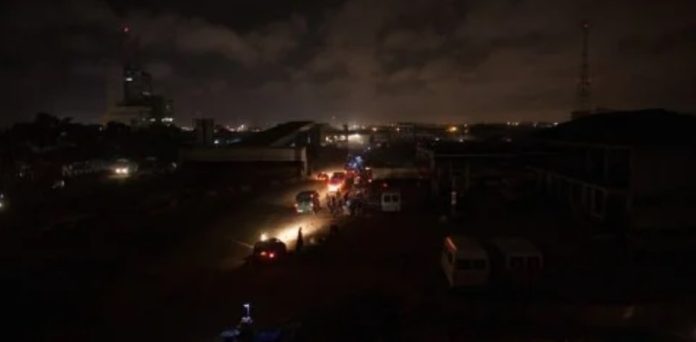Businesses and households in the Greater Accra region on average endure power outages of more than seven hours at least four times a week, an Institute of Economic Affairs (IEA) survey has revealed.
The study, which was conducted between May 6, 2024 and May 12, 2024 among some 82 Small Medium Enterprises (SME) and 83 households, indicated that about 94 per cent of respondents experienced various degrees of power outages ranging from one time to more than seven times within the week.
Overall, the study shows that 75.4 per cent of respondents experienced power outages at least thrice a week with about 19 per cent recording seven or more times.
In terms of duration of the outages, the survey disclosed that about 57 per cent of respondents experienced seven or more hours of power outages while only 12 per cent said their power outage lasted for three hours or less.
“These figures show significant outages across the Greater Accra Region even after the president declared dumsor was over.
The study also disclosed that about 89 per cent of households and 58.5 per cent of SMEs did not have access to any alternative source of power, thereby leading to loss of revenue through unproductivity and damage to goods and appliances, which affected about 61.5 per cent of households and 70.7 per cent of businesses.
Mr Samuel Manu, Head of the Survey Centre, IEA, at a press briefing in Accra, observed that the lack of access to alternative power source meant that most businesses and households in Accra were at the mercy of the Electricity Company of Ghana (ECG) and the managers of Ghana’s energy sector.
“Cutting people off the electricity supply is bad, but not informing them in advance before doing so worsens their situation. An overwhelming 95 per cent of respondents indicated that they do not receive any form of communication on the time and reason for power outages.
“To add salt to injury, the authorities are in denial of the situation and have refused to inform citizens in advance before cutting the electricity supply. This makes it difficult for businesses and households to plan their activities,” he said.
As part of its recommendation to the power challenge, the IEA, among other things, urged all political parties to produce a roadmap for a lasting solution to Ghana’s energy in their manifestos; called on the ECG to provide information in advance on the time of power outages and advised policy makers to consider policies that made alternative power sources affordable and accessible to Ghanaians.
GNA








